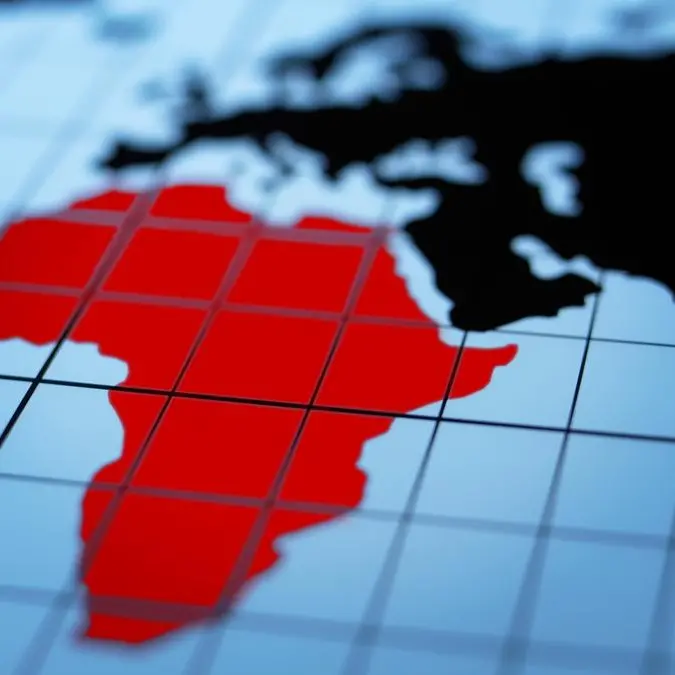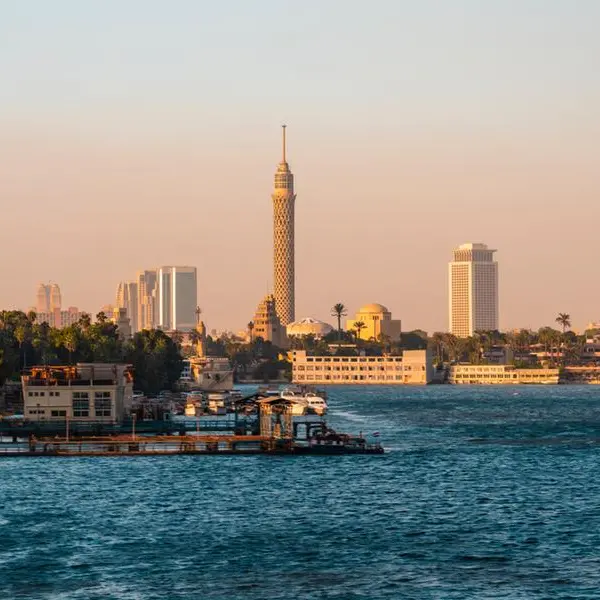MANAMA: The discovery of at least 80 billion barrels of tight oil offshore could boost the country’s credit rating, according to a top official.
Central Bank of Bahrain (CBB) Governor Rasheed Al Maraj said authorities have informed international credit rating agencies of the new reserves, which is in addition to the discovery of new onshore deep gas reserves in the existing Bahrain Field, estimated at between 10 and 20 trillion cubic feet.
The move aims to boost the country’s rating.
“(The discovery) is good news that will hopefully bring a lot of opportunities not only for the banking sector but the wider economy,” Mr Al Maraj told the GDN.
“We have informed the international rating agencies of these latest developments. These agencies will have a better understanding of the country gradually and emerging developments.”
A bad credit rating signifies higher risk and lenders will push up the interest rate charged to borrowers, in order to protect themselves against risks.
Credit rating agencies have warned that Bahrain’s government debt burden and debt affordability will deteriorate significantly over the coming years.
However, the CBB has dismissed the ratings and maintained that Bahrain’s economy was robust supported by a strong banking system.
Mr Al Maraj said the industry was no doubt facing challenges and stressed the need to have more accountability and transparency in Islamic financing.
He was speaking on the sidelines of the 16th Accounting and Auditing Organisation for Islamic Financial Institutions (AAOIFI) board conference held yesterday under the patronage of the CBB.
The two-day meeting is being held at the Diplomat Radisson Blu Hotel, Residence and Spa, and was attended by Sharia scholars, regulatory authorities, financial institutions, auditing firms and experts.
“Islamic banking faces many challenges because the industry is growing in terms of products and technology,” said Mr Al Maraj.
“Bahrain remains a vanguard of Islamic finance and will continue to make developments in this field.”
One of the speakers at the conference was AAOIFI Sharia board chairman Shaikh Muhammed Usmani who called upon countries to slowly move from traditional banking to Islamic banking.
“The main challenge we face is that Islamic banks have to function parallel with traditional banks,” he said.
“In reality, there should not be such an option for a person to choose between halal or haram.
“All Muslims and Islamic countries should only push for Sharia-compliant banks and products, rather than competing with traditional commercial banks.”
CBB banking supervision executive director Khalid Hamad, who was also a speaker at the conference, said many countries especially in Europe did not develop Islamic banking legislation.
“Many countries especially those under the European Union still rely on traditional banking because they have not updated their Islamic banking legislation,” he said.
“Bahrain has been a pioneer by opening up to Islamic banking projects since the 70s that eventually helped the industry grow.”
The sessions today will focus on modern application of Sharia products, importance of sukuk and other topics related to Islamic banking, following which a list of recommendations will be issued.
sandy@gdn.com.bh
© Copyright 2018 www.gdnonline.com
Copyright 2018 Al Hilal Publishing and Marketing Group Provided by SyndiGate Media Inc. (Syndigate.info).




















